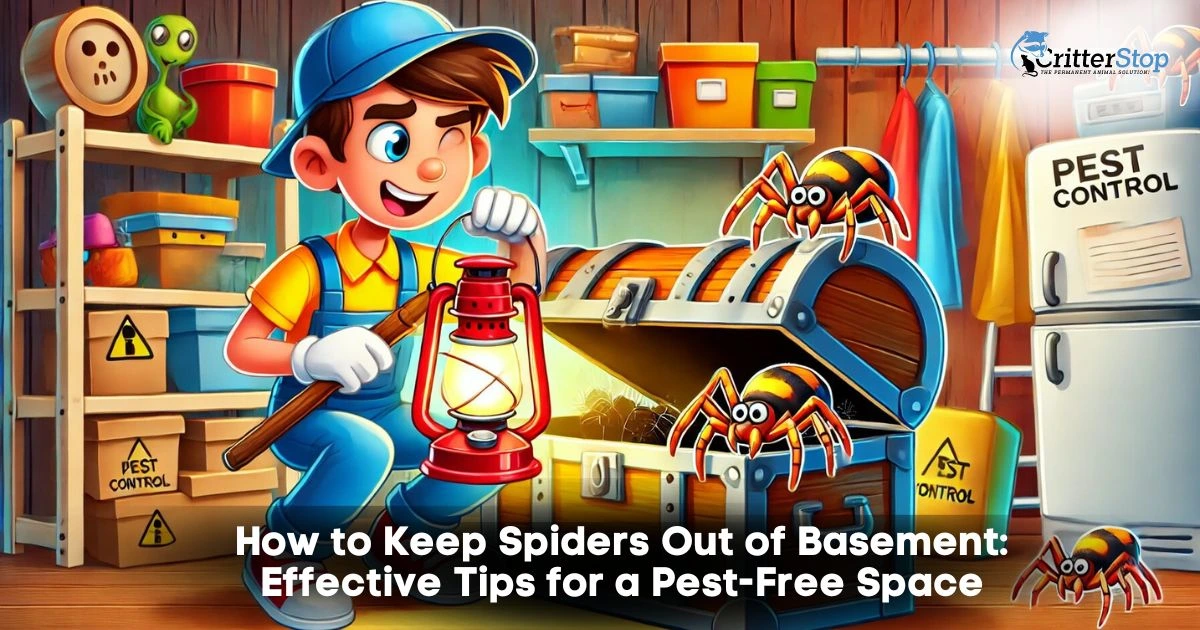
Spiders are often unwelcome guests in basements, finding refuge in dark corners and damp areas. To effectively keep spiders out of basement spaces, homeowners should focus on eliminating food sources and sealing entry points. Implementing a combination of preventive measures can significantly reduce the likelihood of spider infestations.
Regular cleaning and decluttering play a crucial role in spider prevention. Vacuuming regularly and removing webs can help minimize their attraction to the area. Additionally, ensuring that all cracks and crevices are sealed will limit their access to these spaces, creating a less hospitable environment for spiders.
Using natural repellents can also be an effective strategy. Essential oils like peppermint or tea tree oil can deter spiders when mixed with water and sprayed in corners and entryways. These simple practices can help maintain a spider-free basement, making the space more pleasant and safe for everyone.

Spiders are attracted to particular environments and have specific behavior patterns that affect their presence in basements. Recognizing common entry points and factors that attract spiders is critical to effective prevention.
Many spiders find their way into basements through tiny openings. Common entry points include:
Regular inspections of these areas can help identify potential entry points. Sealing cracks and installing door sweeps are effective measures to keep spiders out.
Several factors can draw spiders into basements. Consider the following:
Addressing these factors is crucial. Maintaining a dry environment and reducing clutter can significantly decrease spider populations. Regular cleaning to eliminate food sources is also essential for prevention.
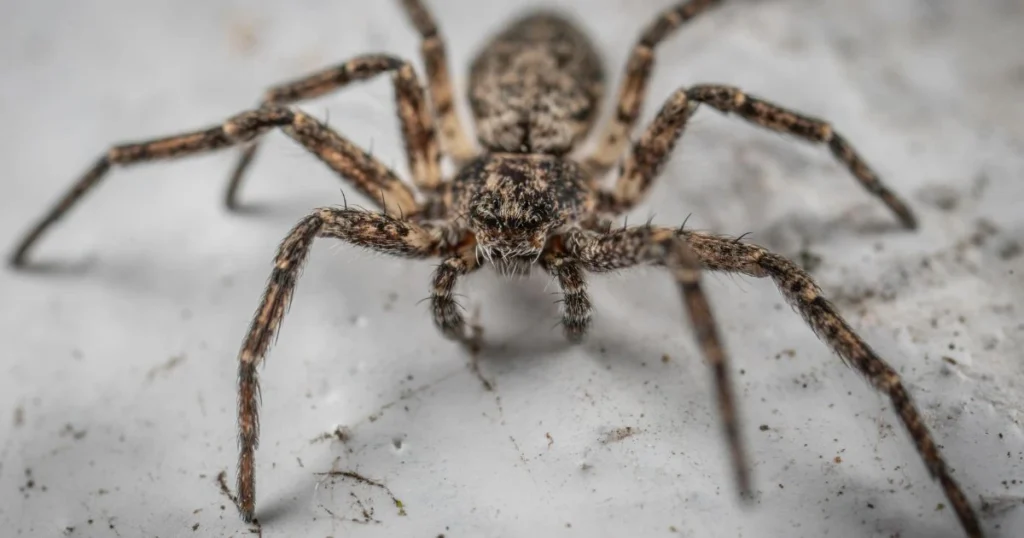
Keeping spiders out of the basement involves several focused strategies. Proper sealing, regular cleaning, and humidity control create an unfavorable environment for spiders.
Sealing entry points is essential for keeping spiders out of your basement. Inspect the foundation, windows, and doors for gaps or cracks. Typical materials to use include:
Regular maintenance, such as replacing damaged screens or caulking, keeps these barriers effective. Ensuring that vents are properly fitted can also deter spider access. Maintaining a tight seal throughout the basement decreases the risk of spider infestations.
Implementing a consistent cleaning routine is vital in preventing spider presence. Dusting and vacuuming frequently can remove spider webs, eggs, and food sources. Focus on:
Cleaning should occur at least weekly, particularly in the fall when spiders seek shelter. A broom or long-handled duster can effectively reach high corners and tight spaces.
Spiders thrive in humid environments, making humidity control a key element in keeping spiders out of the basement. Utilize a dehumidifier to maintain optimal moisture levels. An ideal humidity level is generally around 30-50%.
Additional steps include:
Reducing moisture makes the basement less attractive to pests. Keeping humidity in check also helps prevent spider populations from establishing in the area.
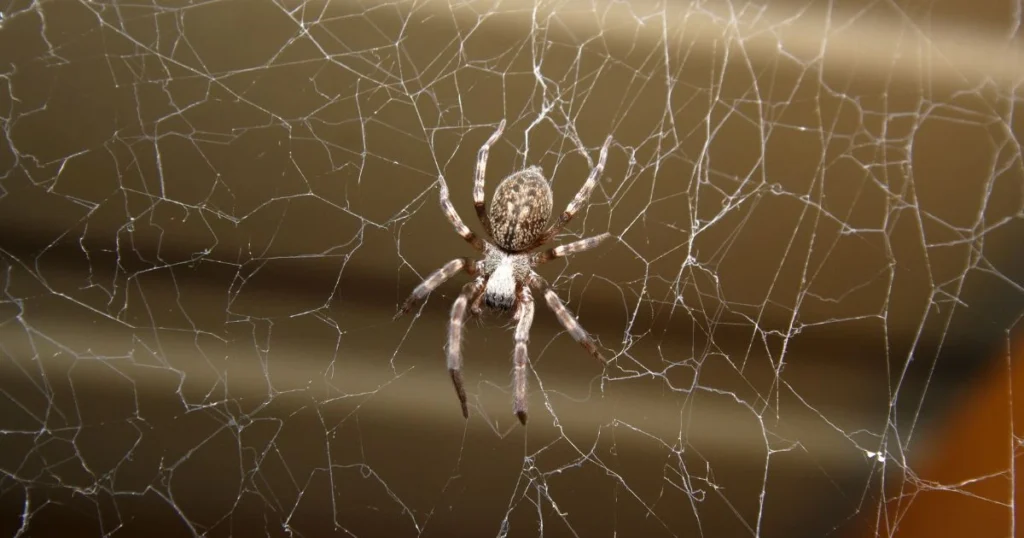
Natural deterrents and repellents effectively keep spiders out of the basement. Many options use plant-based solutions or simple household ingredients, minimizing the need for chemical sprays. The following methods leverage nature's resources to discourage spider activity effectively.
Certain plants naturally repel spiders due to their strong scents. Peppermint, lavender, and citrus plants can be particularly effective. The fragrance is off-putting to spiders, making them less likely to enter areas where these plants are present.
Homeowners can strategically place pots of these plants in and around basements. Essential oils derived from these plants can also be applied. Mixing a few drops of essential oil with water in a spray bottle allows easy application in corners and entry points. Regular reapplication is necessary for continued effectiveness.
DIY spider repellents often use safe and easy-to-mix household ingredients. A popular option is a vinegar solution made of equal parts water and vinegar. Spraying this mixture around entry points and potential spider-hiding spots can effectively deter them.
Another effective blend includes dish soap and water. This combination can suffocate spiders upon contact. Applying a spray bottle to areas where spiders are frequently spotted. Remember to avoid spraying directly on valuable furniture or surfaces.
Diatomaceous earth is a natural product made from fossilized algae. When used correctly, it serves as a powerful deterrent for spiders. When sprinkled around the perimeter of the basement and in corners, it can create a barrier that dehydrates and kills spiders upon contact.
This powder is safe for humans and pets, making it an excellent choice for families. It should be reapplied regularly after cleaning, as it can lose effectiveness when wet. Using diatomaceous earth can help create a non-toxic barrier against spiders, making it a valuable tool for keeping spiders out of the basement.
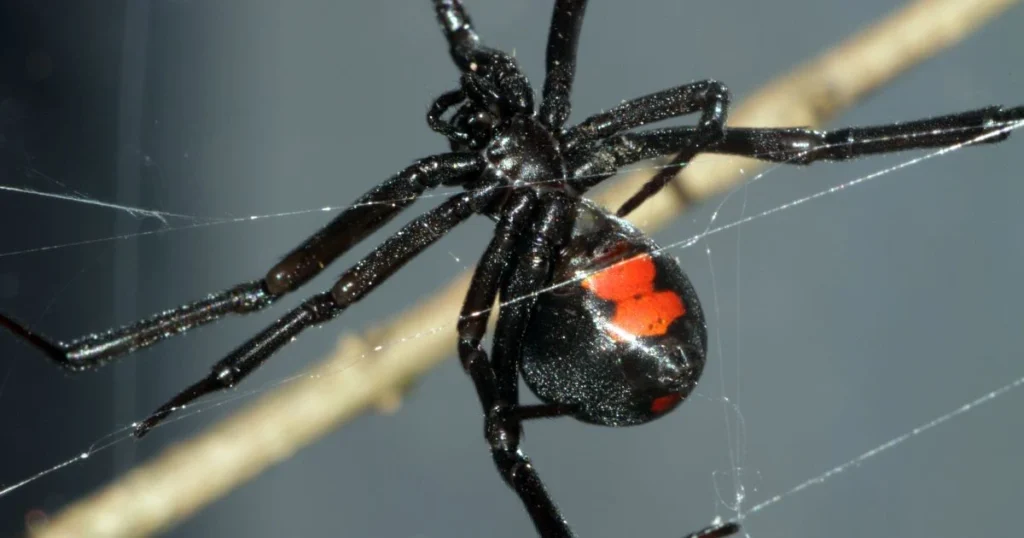
Chemical treatments can effectively reduce spider populations in basements. The careful use of insecticides can provide a barrier against unwanted pests. Understanding when and how to apply these products is essential for safety and effectiveness.
Insecticides are most effective when spider activity is evident. They should be applied during peak spider seasons, typically in spring and fall. It's also advisable to treat areas where spiders are frequently seen or where they build webs.
Apply insecticides in corners, along baseboards, and in dark, hidden spaces. Using a residual insecticide allows for longer-lasting protection. Observe the manufacturer's instructions for the best results and avoid applying them during rain or high humidity.
Safety is crucial when using chemical solutions. Always wear protective gear, including gloves and masks, to avoid skin contact and inhalation of fumes. Ensure that pets and children are kept away from treated areas until the product has dried.
Opt for EPA-approved insecticides. Read labels carefully for specific safety instructions and follow the recommended application rates. Ventilation is key; ensure adequate airflow in the basement during and after application to minimize exposure. Regular cleaning after treatment will help maintain a spider-free environment.
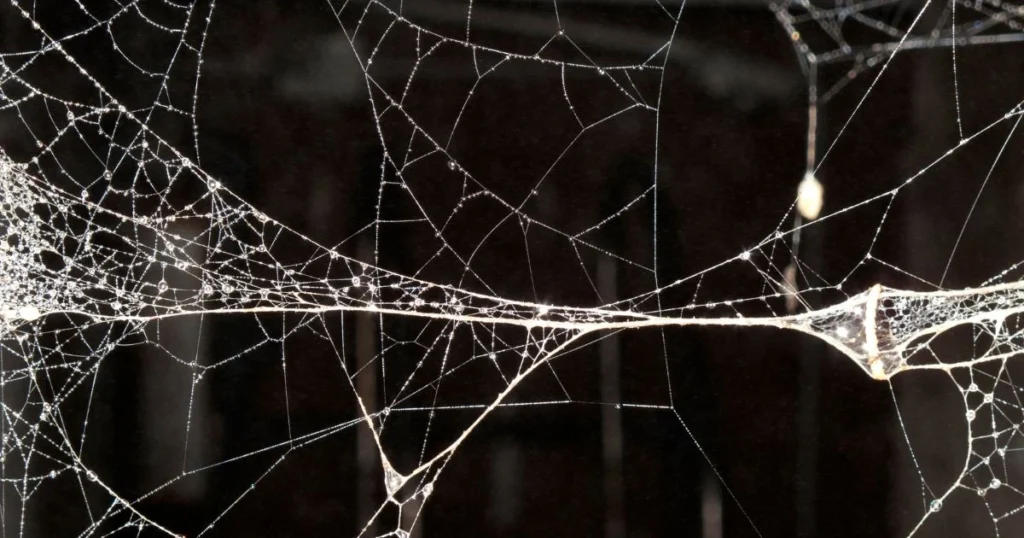
Regular monitoring and ongoing maintenance are essential to keep spiders out of the basement. These practices help identify potential entry points and ensure that preventive measures remain effective.
Conducting routine inspections is vital for early detection of spider activity. Focus on areas such as corners, window sills, and behind furniture. Using a flashlight can help reveal any hidden webs or spiders.
Check for cracks and crevices in walls and foundation. Seal these openings to block entry points. Inspect stored items, as clutter can provide hiding spots for spiders.
Establish a schedule for these inspections, ideally every few weeks. If an infestation is suspected, contacting a professional like Critter Stop at (214) 234-2616 for a free inspection may be beneficial. They have a fantastic reputation and outstanding customer reviews due to their quality work and customer service.
Implementing long-term strategies can significantly reduce spider populations. For example, regularly declutter the basement to remove potential habitats and store items in sealed bins to deter spiders from nesting.
Install weather stripping on doors and windows to limit access. Use screens on ventilation openings to promote airflow while keeping pests out.
A consistent clean-up routine helps maintain an inhospitable environment for spiders. Natural repellents, such as essential oils (e.g., peppermint or tea tree oil), can provide protection. Critter Stop can offer additional advice on effective methods personalized to individual needs.
Various strategies and considerations exist for keeping spiders out of basements. Understanding specific methods, natural remedies, and cleaning habits can reduce spider presence.
Sealing entry points like windows and doors is crucial during the fall. Use weatherstripping and caulk to eliminate gaps. Additionally, keep outdoor lights off to reduce insect attraction.
Natural remedies include using vinegar, which can deter spiders when sprayed in corners. Peppermint oil diluted with water can also be effective. Placing diatomaceous earth in potential nesting areas may help reduce spider activity.
Sealing cracks around walls, windows, and foundations can prevent spiders from entering. Caulking these gaps reduces their access points. To maintain sealed areas, a thorough inspection should be done regularly.
Homeowners can reduce spider populations by removing webs and clutter regularly. Implementing routine inspections will help identify any new entry points. Combining these practices with pest control measures may enhance long-term prevention.
Regular vacuuming of corners, shelves, and storage areas minimizes webs and spider eggs. Keeping the basement organized reduces hiding spots. Decluttering can also contribute significantly to spider prevention.
Essential oils like peppermint and tea tree oil may deter spiders due to their strong scent. These oils can be mixed with water and sprayed around entry points. Regular applications can maintain effectiveness.
Regular pest control is essential for effectively managing spider populations. Professional treatments can target more than just spiders; they can address other pests that may attract them. Scheduled services can help maintain a spider-free environment.
Temperature changes can drive spiders indoors, especially during colder months. They seek warmer spaces such as basements for shelter. Maintaining a consistent temperature may help reduce spider intrusions during these times.
Visit our Critter Library and learn more about our furry friends